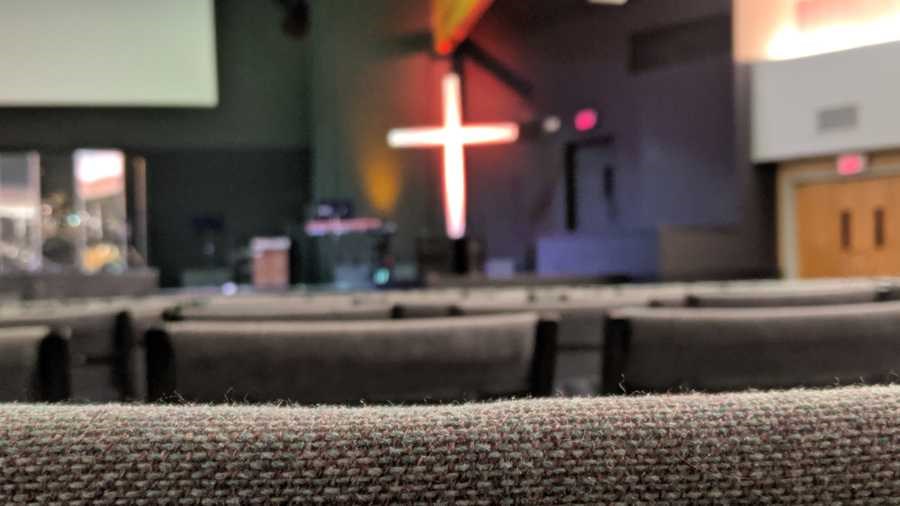Options to limit the property tax exemption for churches, temples, mosques and other places of worship will be up for consideration by city council on Monday.
In October city council requested a report back from city administration reviewing the city’s permissive tax exemptions for places of public worship. A report outlining three possible options to limit the property tax break given to places of worship is up for council consideration on Monday night.
“Places of public worship generally receive statutory tax exemptions. The permissive exemption they apply for relates to the hall and the land surrounding the school or place of worship,” city director of finance Kris Dalio wrote in his report to council. “The estimated value of exemptions for places of worship for 2022 is $270,246. This does not include statutory exemptions provided under Section 220 of the Community Charter.”
Currently, any place of worship that meets the city’s criteria receives a 100 per cent tax exemption on the portion of the property not already exempt under provincial legislation, Dalio wrote.
The city’s 2020 tax list showed 50 places of worship that received the permissive tax exemption. The largest exemption was $119,805 in 2020. The remaining 49 places of worship received $11,428 or less in tax exemptions from the city in 2020, Dalio wrote.
One option to limit the permissive tax exemption would be to set a maximum dollar amount that is exempted. In the report, Dalio suggested $20,000 as a cap, which would mean only one of the places of worship in the city would be impacted.
“The dollar cap would provide a more equitable exemption to the properties within the category. One of the disadvantages of this option is that static dollar figures eventually get outpaced by inflation and policies and procedures would need to be updated to address that,” Dalio wrote. “If council wishes to limit the permissive tax exemption provided to places of public worship, administration would recommend the option of exempting a maximum dollar figure of $20,000 per property.”
A second option to limit the permissive tax exemption would be to exempt some percentage of the taxable property, Dalio wrote.
“Limiting the properties to a fixed percentage of the property size is likely the easiest option to implement for both Administration and BC Assessment. It also comes with the inherit benefit of using percentages over dollars – they do not need to be updated like dollar figure caps as inflation eventually catches up with the dollar figure cap,” Dalio wrote “The challenge with this option is that properties within the public worship category can vary greatly in size and a chosen percentage may be arbitrary, instead of practical, to the individual properties in the category. Smaller properties that use the majority (or entirety) of their property for public worship would be negatively affected at the cost of trying to address larger properties with space not used for public worship.”
A third option would have city council identify which portions of the taxable property, for example parking lots, that council wishes to make exempt, Dalio wrote.
“Each property would need to be calculated individually and reviewed each year for accuracy. Eligible areas would have to be clearly defined in policy and procedure to provide consistency and direction to all properties, as well as adjudication by Administration,” he wrote. “They would also need to be easily identified by aerial photos for BC Assessment.”
If city council doesn’t adopt one of the three proposed options, the current 100 per cent permissive tax exemption would remain in place. Council could also eliminate the permissive tax exemption entirely.



.png;w=120;h=80;mode=crop)